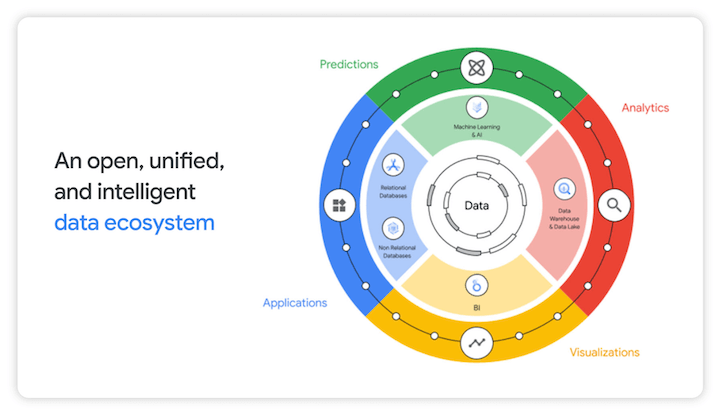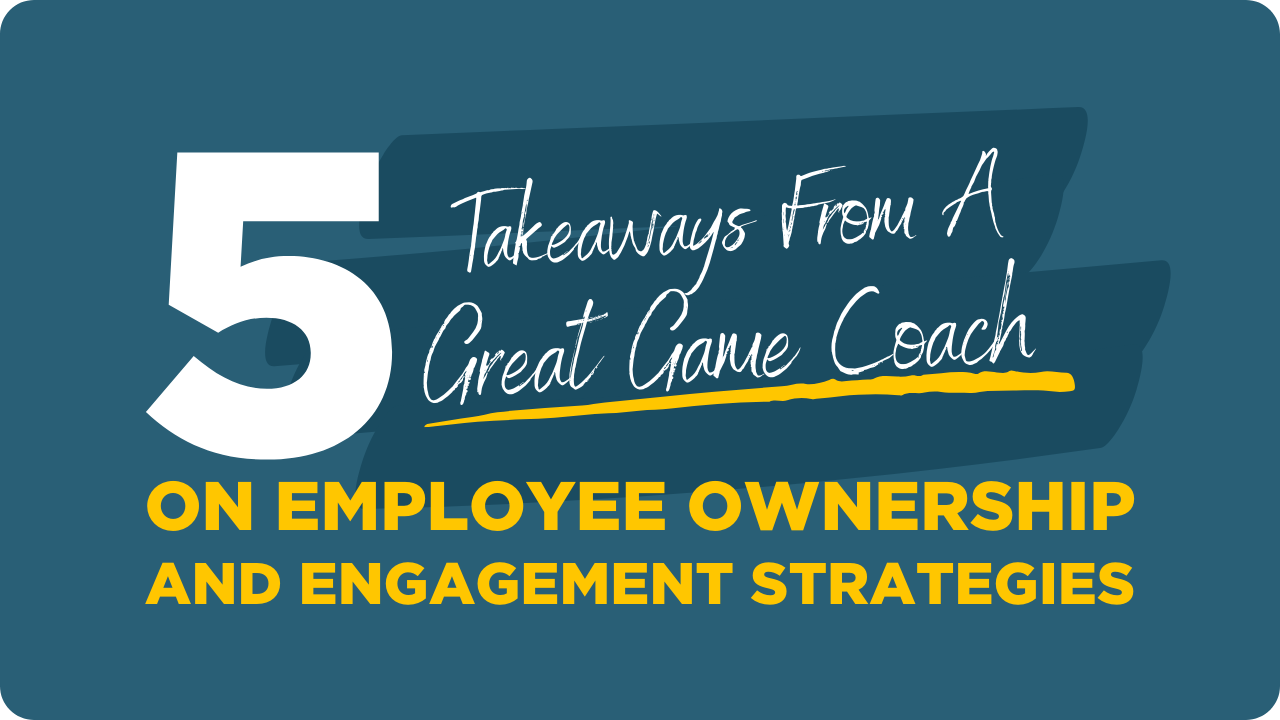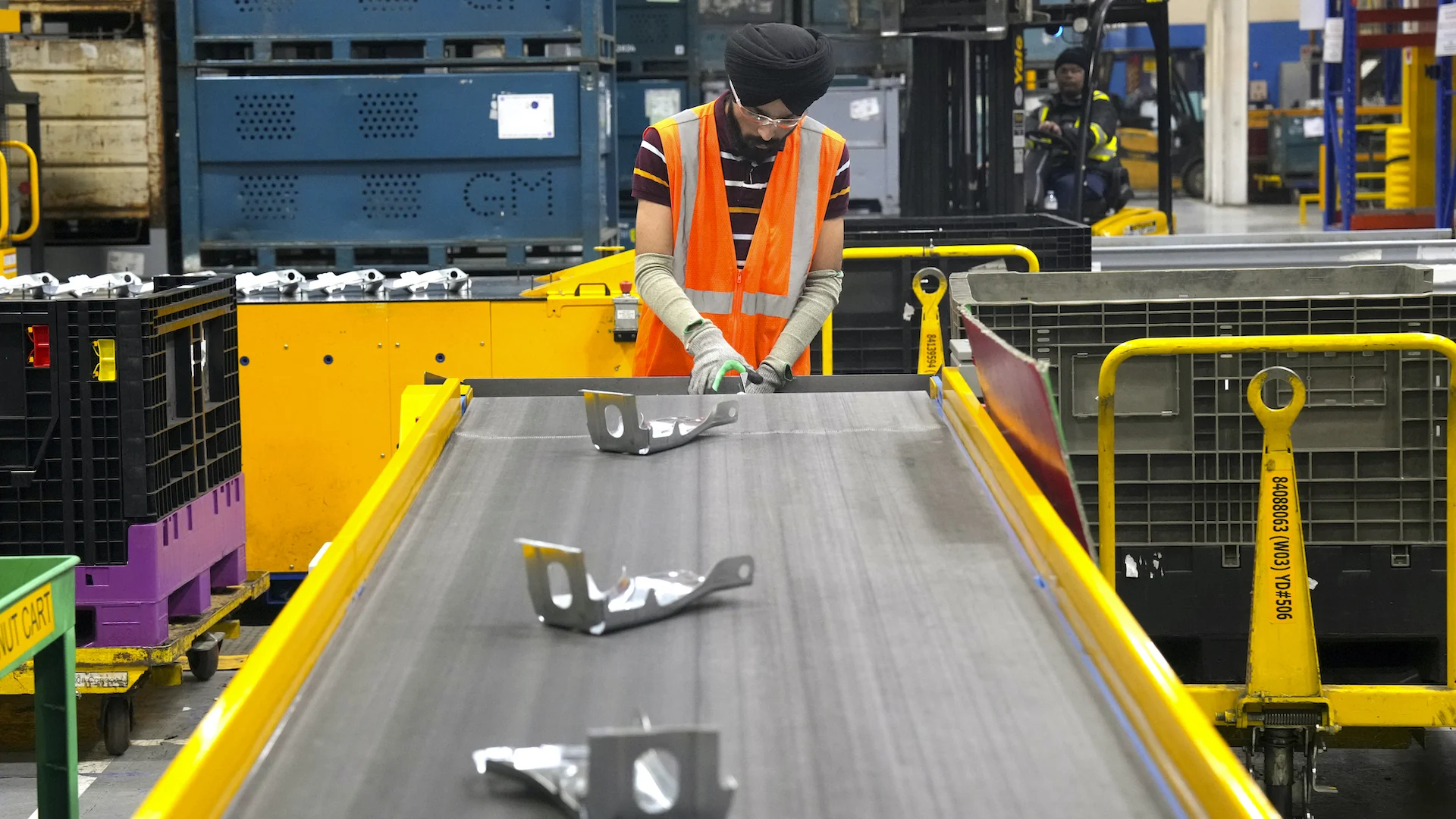MBA students and employers demand ‘profitable solutions for people and planet’
“We have designed a monster with the MBA that need to not exist,” reported Paul Polman, the previous Unilever manager who now chairs the Saïd Small business College at Oxford. Warning that the qualification experienced “a narrow definition of success” and would become “obsolete” in a single or two several years, he informed a conference of deans at Davos past month that educational institutions have been failing to adapt their training to the demands of the company neighborhood.
Mr Polman’s views are echoed by a growing amount of company leaders who say that sustainability, goal and obligation are at minimum as essential as earnings maximisation at any cost. They take into consideration that company educational institutions want to adapt their teaching and analysis accordingly.
“Our foreseeable future is at stake,” suggests Clementine Roberts, head of Oikos International, a community of college students dedicated to embedding sustainability into economics and administration training. “Business educational institutions are not moving as rapid as we want to be equipped to face the problems of right now.”
Ms Roberts supported a Positive Influence Ranking — in which college students charge schools’ societal obligation and effect — launched this 12 months by Katrin Muff, a marketing consultant and previous professor. The rating was compiled from the responses about the globe of additional than 2,400 college students polled on their experiments. From 50 company educational institutions initially analysed, 30 gained favourable recognition but none accomplished the best rating.
The college students built a amount of needs, which include that sustainability and social effect teaching need to be obligatory. They called for educational institutions to minimize carbon dioxide emissions and food squander, exchange ideas on good apply with each and every other and prioritise gender parity between staff members and school.
Just as stridently, they have been obvious on what they felt educational institutions need to end carrying out notably, investing in fossil fuels, treating sustainability as a “second class” problem, accepting resources from unethical organizations and men and women, flying college students overseas for courses and emphasising the basic principle of earnings maximisation.
In reaction to this sort of belief, company educational institutions are not standing even now. A lot of have hired professors and launched institutes focused on sustainability, developed corresponding specialist skills and modules and reoriented their analysis.
“We want to build a new breed of leader,” suggests André Hoffmann, the Swiss billionaire backer of the Hoffmann International Institute for Small business and Society at Paris company school Insead. “Short-expression earnings maximisation is not the way to run a elaborate natural environment.”
The leading accreditation bodies have picked up this sort of messages. The Association to Progress Collegiate Educational institutions of Small business (AACSB), the European Foundation for Management Progress and the Association of MBAs all replicate very similar trends in their most up-to-date rules, as well as initiatives to highlight most effective tactics.
AACSB, for instance, is running an award for “innovations that inspire”. In the same way, the Responsible Investigate in Small business & Management community is, by means of annual awards, nudging lecturers to produce responsible, applicable analysis.
But company educational institutions have a tightrope to walk as they react to modern needs. They have to balance a surge in calls for higher social goal with the demands of a even now much larger team of college students, school and companies that stay additional focused on regular analysis and finding out.
Inspite of stagnation in MBA programs in the US, the worldwide demand for administration training is growing. The most sought-after occupations between graduates of most company educational institutions stay individuals in large-having to pay banking, finance, consultancy and engineering work.
Andrew Crane, professor of administration at the College of Bath, reported at a new dialogue on corporate sustainability that only a small portion of his college students was focused generally on the challenge. Judith Partitions, chair of sustainability administration at Switzerland’s College of St Gallen, argued that even though college students and school on some courses have been enthusiastic about corporate sustainability, individuals on the MBA programme have been fewer intrigued.
Small business educational institutions, thus, are still left questioning how they may reform. Further than the stage of anecdote, scant consensus exists on what constitutes social effect or how meaningfully to quantify and examine what it will involve.
At Oikos International, Ms Roberts is in tiny doubt that in purchase to adjust society sustainability has to become central to what company educational institutions do. It need to be ingrained in purchase to impact college students furthering occupations in personal organizations, as well as individuals pursuing work in the public sector or with non-earnings organisations.
“Electives on corporate social obligation are sticking plasters that do not fundamentally adjust factors,” suggests Colin Mayer at Saïd Small business College, who chaired the Foreseeable future of the Company, an initiative to redefine company and its romantic relationship with society.
Answering the concerns of how to solve the world’s issues profitably, moreover, is not anything company educational institutions can do doing work by yourself. “We want to attract in distinctive disciplines from across the entire college this sort of as legislation and politics,” Prof Mayer adds.






